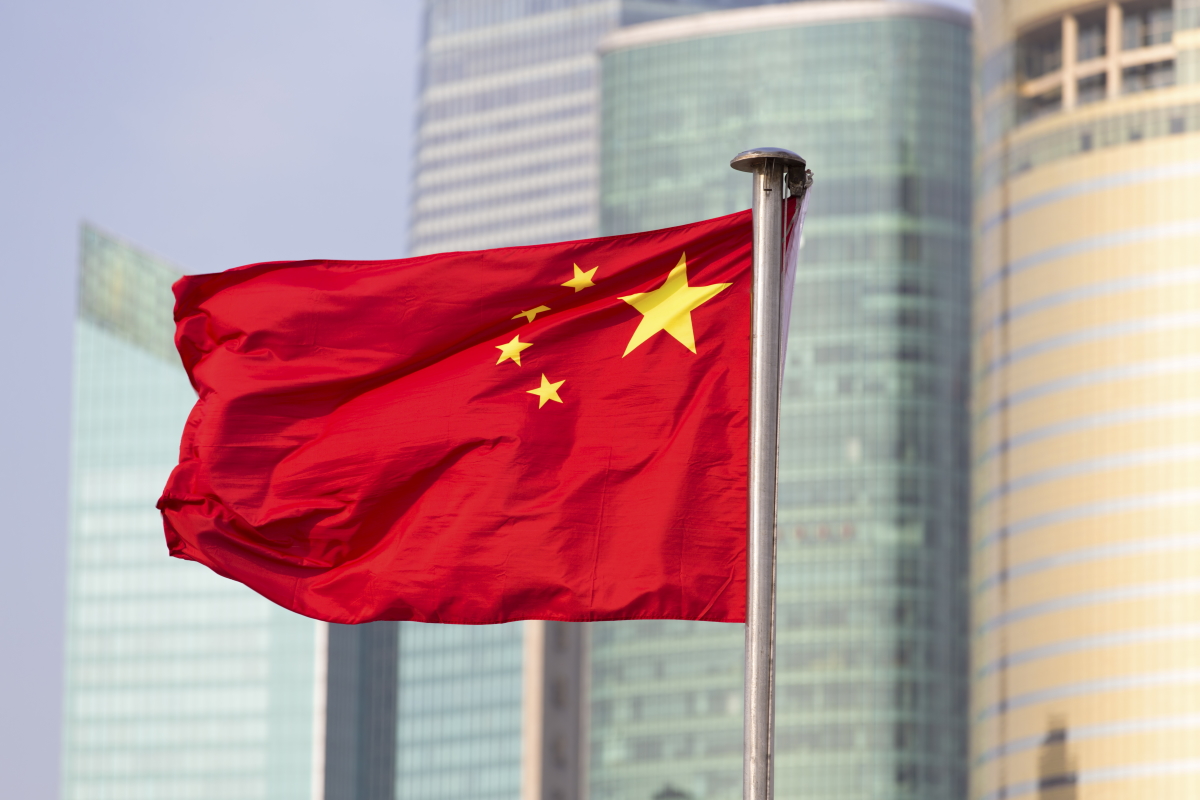China’s financial sector has been reeling under pressure after the real estate market unravelled, while Covid-19 has crippled credit growth and consumption in the country. To combat a potential financial crisis, China is readying up a financial stability guarantee fund, a bailout fund for banks that may run in tens of billions of dollars amid growing risks.
This provides a safety net for big institutions such as banks, insurers, and leasing companies in case of an imminent collapse or widening investment losses. It may also be used to provide temporary liquidity to cash-strapped businesses and aid public companies facing bankruptcy and a potential sale.
Back in May, Asia Fund Managers reported on the declining new bank loans and slowing credit demand in China, and the issues it poses for the financial sectors. Additionally, the bad-debt problem of regional and rural lenders, potential defaults by real estate developers, and slowing demand for housing loans by individuals are weighing on the financial sectors.
What is the bailout fund?
Back in March, a spokesperson of the China Banking and Insurance Regulatory Commission had said that the fund will be used to dispose of major risks with systemic hidden dangers and the deposit insurance and industry guarantee funds (existing funds in China) play a role in routine risk disposal, said a report by local publication People’s Daily. The financial stability guarantee fund will be led by the People’s Bank of China with the division of responsibilities between the National Development and Reform Commission, the Ministry of Justice, the Ministry of Finance, the China Banking and Insurance Regulatory Commission, the China Securities Regulatory Commission, the State Administration of Foreign Exchange, and others.
Dong Ximiao, the chief researcher of Zhongguancun Internet Finance Research Institute, tells People’s Daily that the financial stability guarantee fund will have a wider coverage to help broaden the source of funds and establish a more market-based mechanism for maintaining financial stability and resolving financial risks.
“If China wants to build its financial power, it also needs to make the Financial Stability Guarantee Fund an important part of China’s national reserve capital pool for major financial risk disposal and a long-term mechanism for financial stability.” Lu Lei, Deputy Director of the State Administration of Foreign Exchange, said during a forum in China.
The bailout fund will take money from banks and other financial industry stakeholders as well as some public funds. In the first leg of the fundraising, China has raised a total of 64.6 bn yuan ($9.7 bn) with a potential target of $100 bn by September 2022.
Similar measures have been taken in the west before, such as the European Single Resolution Fund, or the Orderly Liquidation Fund in the US. Back in 2008, the US had set up a $700 bn Troubled Asset Relief Program to rescue banks and distressed companies. The Asian Financial Crisis of 1997 saw Japan setting up a bailout fund of $92 bn to for its banks.










 Australia
Australia China
China India
India Indonesia
Indonesia Japan
Japan Malaysia
Malaysia Philippines
Philippines Singapore
Singapore South Korea
South Korea Taiwan
Taiwan Thailand
Thailand Vietnam
Vietnam
 Germany
Germany Hong Kong
Hong Kong USA
USA Switzerland
Switzerland Singapore
Singapore









